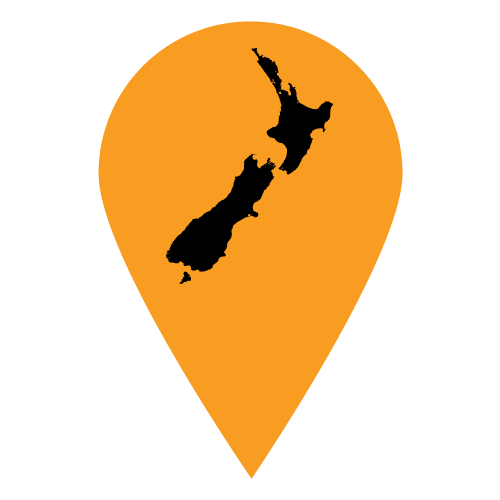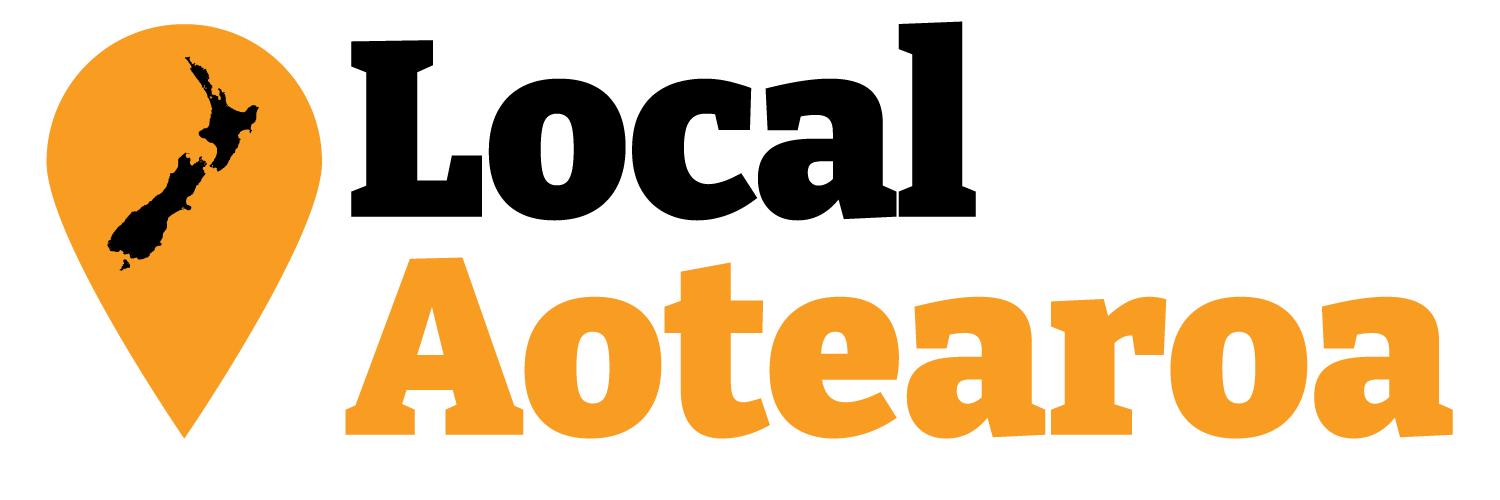Local Aotearoa calls on Ombudsman to chase up closed-door councils
An AI-generated image of a hand holding up a megaphone with letters flying out of it.
Following on from Local Aotearoa’s exclusive report into a fifth of councils still holding out against opening up their secret workshops and briefings, I’ve now written to Chief Ombudsman Peter Boshier to call on him to chase up the 17 councils who are refusing to implement his transparency recommendations.
With Greater Wellington’s refusal to open up its workshops and briefings already subject of a complaint to the Ombudsman, I realised that as I got the responses in from councils to my LGOIMA request into what the rest of the local government sector had done, an untenable situation was appearing. Even though the majority of the sector had opened up, the remaining 17 councils that were refusing to budge (leaving aside the four who are active working on potential changes to their policies) could probably count on there not being much follow up from either the media or the Ombudsman himself.
There’s a number of factors as to why this is. One of the most obvious is that it’s no secret that local democracy reporting isn’t what it once was, especially with the recent news that NZME is proposing to close a host of its regional papers.
The remaining local democracy reporters are doing their best, and there’s decent coverage of the main local authorities in our major metropolitan centres - Auckland, Hamilton, Tauranga, Wellington, Christchurch, and Dunedin. But beyond that coverage can be patchy and it depends largely on where government funding for local democracy roles has gone as there are still councils around the country with great coverage of what’s happening, though whether this lasts with the restructures and closures taking place remains to be seen.
However, there are swathes of the country where councils now face near zero media scrutiny on their activities - which has impacts for the ability of the public to be aware of and engage with local democracy more broadly. Quite often, the coverage that we do see is in response to something bad that has happened, rather than any digging into to more systemic issues, and that’s just the reality of needing to prioritise scant media resources on the stories that are guaranteed to get people reading them.
Likewise with even the remaining major metropolitan newsrooms stretched ever more thinly, the reality is that stories like this - where you get to follow up more in-depth on non-immediate issues - are understandably down their radar in terms of priority.
Obviously I’m trying my best to investigate and highlight things, but I’m painfully aware that I’m just one person running a website on the smell of an oily rag with a small but passionate audience. I also don’t necessarily want to be writing about problems all the time, I’d love to be able to focus more on more aspirational think pieces about the opportunities for local government. I often try to pass on tips and LGOIMA responses about issues to journalists from larger media organisations, but they understandably often have bigger fish to fry.
All of this begs the question: who is actually going to follow up on reports like the Ombudsman’s “Open for Business” investigation and shine some sunlight on councils that are trying to keep things in the shadows? If the very public transparency watchdog who issued the recommendations isn’t going to step up, then who else really has the resourcing and reach to do so?
While the Ombudsman does have a rolling review programme going with regards to local authorities, it only captures a handful of councils each year. With the lack of follow up more generally, even if you were one of the 17 councils that did get caught in that net, you’d rate your chances pretty highly of being able to ride out any adverse attention given the pressures our media sector is under.
That I’m apparently the only person who’s tried to follow up to see what the impact of Open for Business was on the sector a year later is evidence of the issue we face with an increasing lack of scrutiny and public accountability for our local government institutions.
It’s why the Ombudsman needs to visibly follow up with the 17 councils that are refusing to open up and call them out for actively choosing to not implement his recommendations.
As our chief public transparency watchdog, what good is the Ombudsman’s recommendations and chiding of councils for “undermining” trust in local government for holding secret workshops and briefings if he then does nothing publicly to check in on and call out councils which are still continuing those opaque practices? A spray and walk away approach isn’t going to be enough to convince the hold outs, who I have to assume at this point are either irrationally scared of or quite enjoy not being scrutinised, to lift their game when it comes to openness and transparency.
Similarly, with Chief Ombudsman Peter Boshier likely to finish up in the role soon once his replacement is confirmed, he needs to get this piece of work in train now so that his successor is able to see it through. Ideally they’ll not only write to the laggard councils, but also go out and meet with their elected members and chief executives and make their expectations crystal clear about the need to make workshops and briefings open to the public by default and to make doing so a priority.
The cynic in me also recognises that having this publicly play out in the lead up to 2025’s local government elections might just be the bit of political heat needed. Otherwise how else are we to motivate reticent councillors - like those on Greater Wellington Regional Council who sparked off my investigation in the first place - to finally join their colleagues in embracing a culture of openness and transparency and actively addressing one of the key drivers of low trust in our public institutions.
After all, if 57 councils ranging in size from Auckland right through to the Chatham Islands, McKenzie, and Buller districts have been able to embrace and enable opening up their workshops and briefings to the public by default, there’s really no excuses why these other 17 councils shouldn’t also be doing the same.
You can read the full text of Local Aotearoa’s letter here. The letter was also CCed to Local Government Minister Hon Simeon Brown, Labour’s Local Government spokesperson (and former Local Government Minister) Hon Kieran McAnulty, and Local Government New Zealand’s CEO Susan Freeman-Greene. At the time of writing, Kieran McAnulty has been the only to reply and is eager to see what the Ombudsman’s response is.





